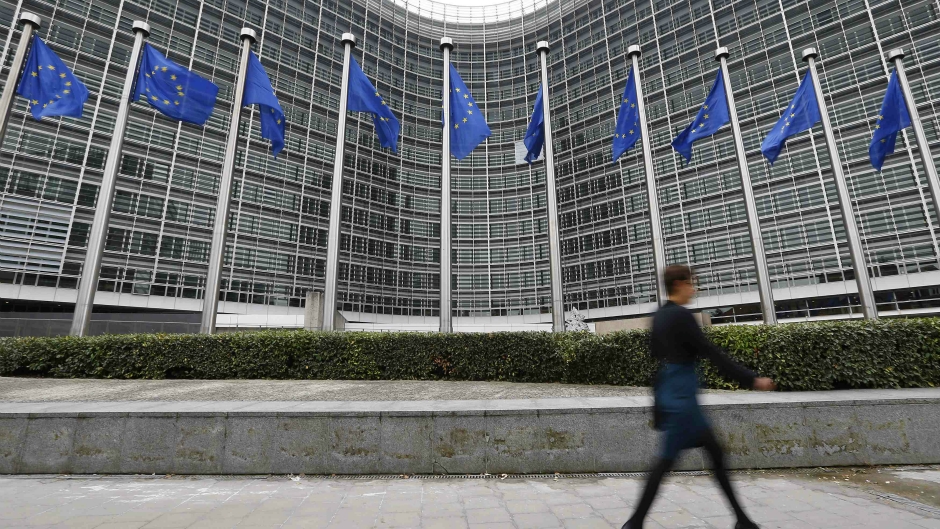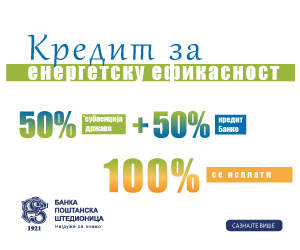
Izvor: N1 televizija, 15.Nov.2018, 21:01 (ažurirano 02.Apr.2020.)
EC: Serbia fails to progress in key areas
The European Commission (EC) report on Belgrade’s progress in the chapters 23 (judiciary and fundamental rights) and 24 (justice, freedom and security) in the accession talks with the Union showed Serbia failed to advance in crucial areas, according to the Radio Free Europe (RFE) which said it had an exclusive access to the report.
The RFE said the document was internal, meant for the exchange of opinions among the >> Pročitaj celu vest na sajtu N1 televizija << EU member states.
According to the RFE, the document specified the lack of visible results in critical areas such as judicial reforms, fight against corruption, treating war crimes and freedom of media.
The report noticed some improvements in the areas of the institutional reforms, national minorities‘ rights, money laundry and the asylum issue.
As it has been said before, the progress in chapters 23 and 24 and a constructive approach to the normalisation of relations with Kosovo have been of crucial importance in opening new negotiating chapters between Brussels and Belgrade. Serbia expects to open three to four new chapters in December.
The document says “there are no visible results” in fighting corruption. It suggests "to empower the civil society and improve the coordination and control coupled with stronger political will at all levels.”
The document also says there are “limited” results in an efficient investigation, persecution and conviction in the cases at a high level, particularly in the corruption cases including political figures.
The lack of progress is noticed in bringing fundamental laws and regulations, as well as in the implementation of the anti-corruption reforms.
The document also mentions that “the commenting on ongoing investigations, indictments or court procedures can be a form of political pressure or influence on the prosecution and judiciary.”
It added that Serbia has improved in resolving court procedures by 10 percent this year.
But the document also says Belgrade was “very slow” in implementing the 2016 National Strategy for Investigating and Processing war Crimes.
“Serbia still lacks the balance in punishing the war crimes cases.”
The country also does not have an overall system for witnesses and victims protection.
Criticism in the document also refers to the constitutional changes which had to be over by the end of 2017. However, the Venice Commission says, according to the report, the broad consultations produce results, and there is positive amendments’ draft.
“As far as the freedom of expression and media are concerned, an overall environment is still not suitable,” the document says.
It adds the threats, intimidation, and violence against journalists are worrying, while verdicts in those cases are “very rare.”
“The hate speech and discriminatory terminology are often tolerated in media, and the regulatory institutions and prosecutors are rarely dealing with that,” the document says.
The policy about migrants is one of the things Serbia is praised for as a transit country. The document says Belgrade was “playing an active and constructive role and efficiently cooperated with the neighbouring countries and EU member states.”









